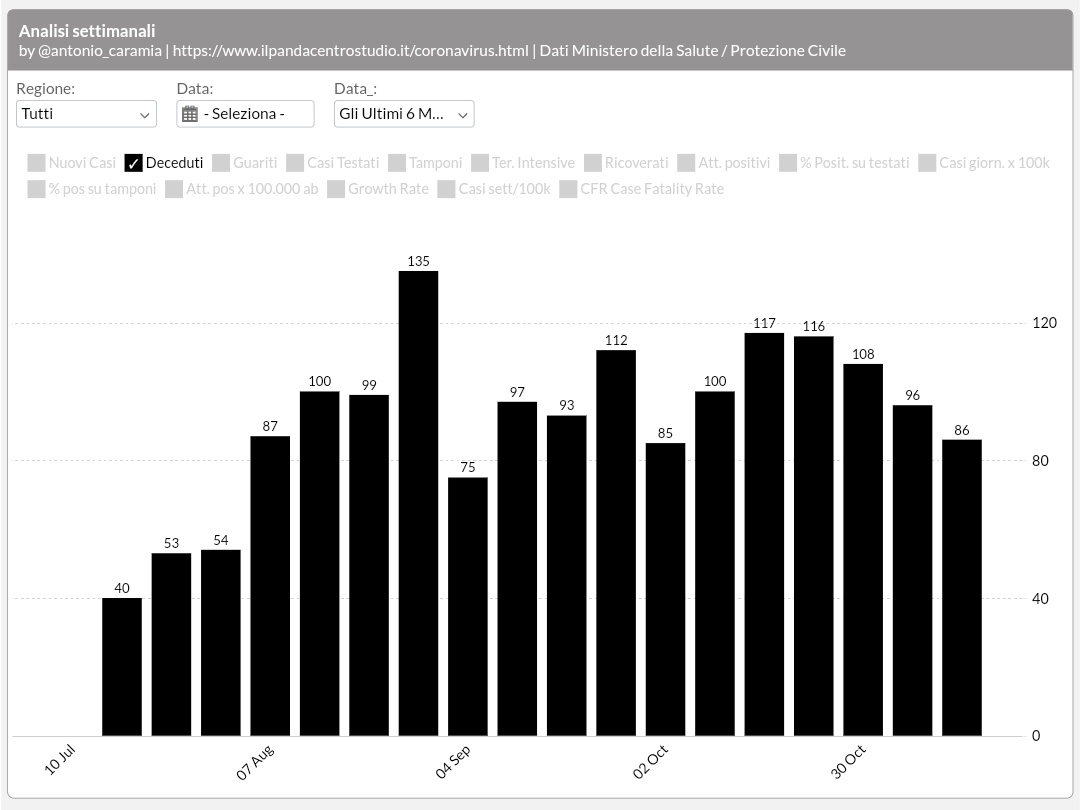👇This👇
New principle adopted by governments:
⚠️"the total amount of human suffering caused by disease is not important, only the immediate stress on healthcare systems."
1/
New principle adopted by governments:
⚠️"the total amount of human suffering caused by disease is not important, only the immediate stress on healthcare systems."
1/

"Instead of traditional concepts such as minimizing ill health in society, during the SARS-CoV-2 pandemic, attitudes have been changed to accept that healthcare exists in order to provide a workforce with sufficient capacity to keep the economy functioning."
2/
2/

"Instead of optimizing the pandemic response for the best health outcomes, which also helps the economy long-term, the default position adopted by most governments established a new principle that the total amount of human suffering caused by disease is not important, ...
3/
3/

"This principle continues to be dominant to this day, even in the face of the suffering caused by Long Covid and the high excess deaths seen globally, many of which are a consequence of acute infection or the complications or sequelae of infection by SARS-CoV-2."
5/
5/

"It is no exaggeration to say ‘flattening the curve’ has had a profound impact on how governments and the general public view public health and the provision of healthcare."
Link 👇
6/ johnsnowproject.org/insights/flatt…

Link 👇
6/ johnsnowproject.org/insights/flatt…

HT @evelio_prieto
7/
versión en español 👇
7/
versión en español 👇
https://twitter.com/evelio_prieto/status/1682532502513041409?s=19
• • •
Missing some Tweet in this thread? You can try to
force a refresh














